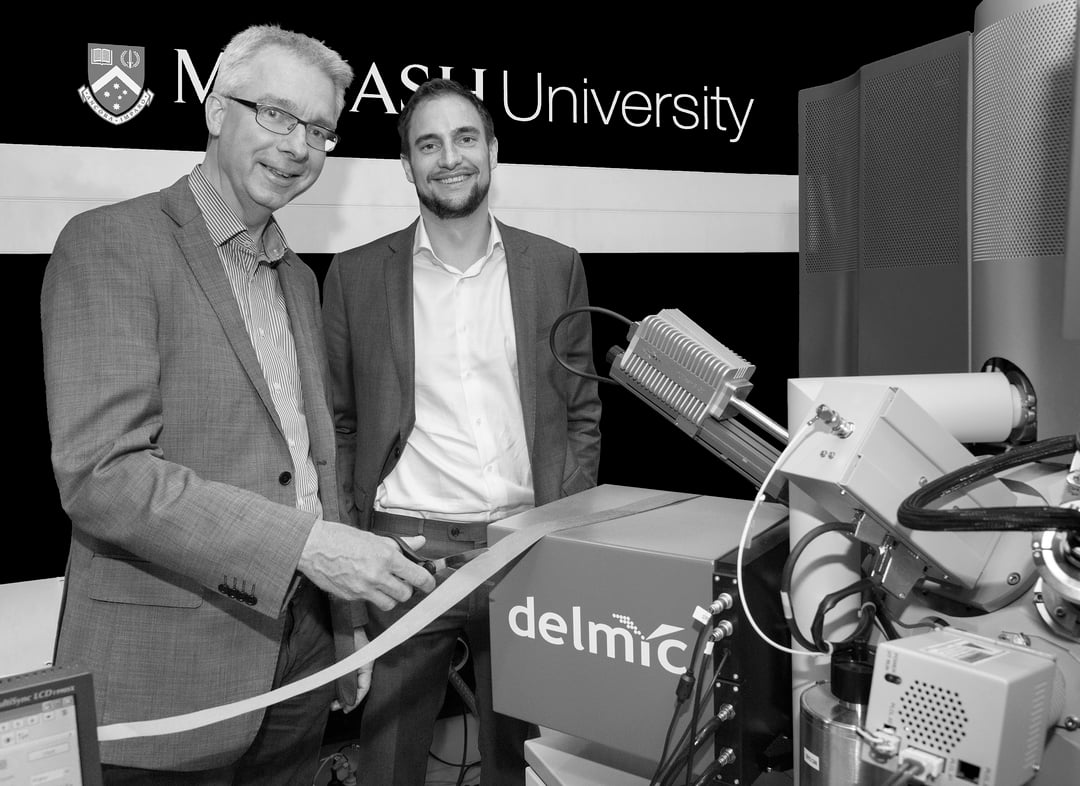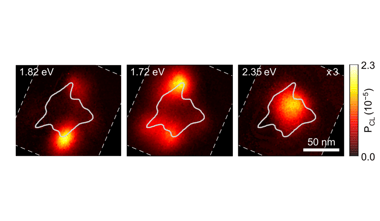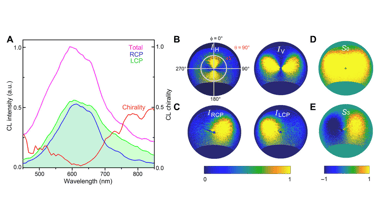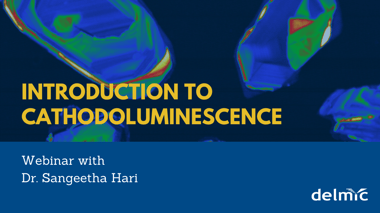Image: Professor Albert Polman, (FOM Institute AMOLF and University of Amsterdam) (Left), inventor of the SPARC cathodoluminescence system, and Dr Sander den Hoedt, (CEO, DELMIC BV) open the Monash facility.
By Dr. Cameron Chai, AXT
With funding from the Australian Research Council, Monash University has commissioned a highly specialised analytical system from DELMIC BV. The system is based on a SPARC advanced cathodoluminescence system and provides Monash with a world-class tool for researching important classes of new functional materials such as solar cells, minerals, advanced pharmaceuticals and new electronic materials.
Professor Joanne Etheridge, Director of the Monash Centre for Electron Microscopy (MCEM) says the capabilities of the SPARC system are unique. “The system provides vital information about a range of materials that we could not obtain any other way,” she said. "We have particularly enjoyed the collaboration with the expert team at DELMIC which has enabled us to tailor this system to meet the specific and challenging needs of our research community”, she added.
Dr Amelia Liu, MCEM Cathodoluminescence and Focused Ion Beam Manager says, “We are already getting exciting results using the DELMIC SPARC cathodoluminescence system on solar cell materials, plasmonic nanoparticles and semiconductor nanowires.”
The facility was officially opened on February 4 by Professor Albert Polman (FOM Institute AMOLF), the inventor of Angle Resolved Cathodoluminescence and one of the pioneers of the field of nanophotonics – the control, understanding, and application of light at the nanoscale.
To coincide with the official opening, Monash University, in conjunction with AXT and DELMIC organised an advanced cathodoluminescence workshop that culminated in a facility tour. Prof. Polman delivered a keynote address with other lectures given by leading Australian researchers Dr Colin Macrae (CSIRO) and Professor Matthew Phillips (UTS) as well as Dr Toon Coenen (DELMIC) a co-developer of the SPARC system.
This facility was made possible through funding from the Australian Research Council’s Linkage Infrastructure, Equipment and Facilities scheme and forms part of the “Collaborative facility for high resolution fabrication, imaging, and characterisation of nanostructured materials” with nodes at RMIT University and Monash University.
As a standard system, the DELMIC SPARC performs angle-resolved and hyper-spectral cathodoluminescence mapping allowing the imaging of optical modes and light emission at the nanoscale. This unique capability enables researchers to obtain new fundamental information about the physics of optically active nanoscale devices.
Monash University has customised this system equipping it for fast, filtered and monochromated imaging modes with two additional photo-multiplier tubes. The Monash Centre for Electron Microscopy and DELMIC are working together to increase the capabilities of the instrument and software, and multiply the number of applications of the system.
.png)






